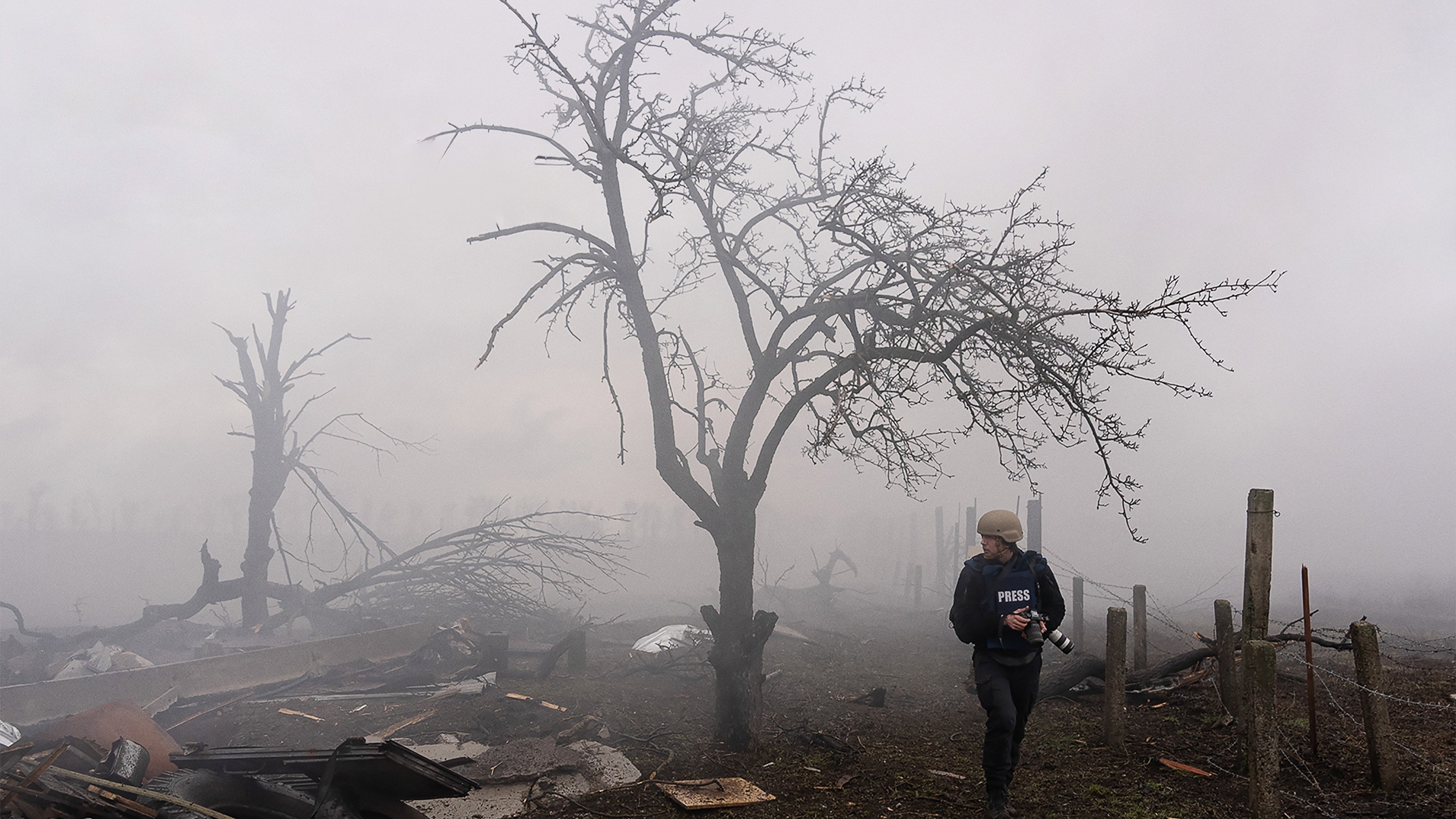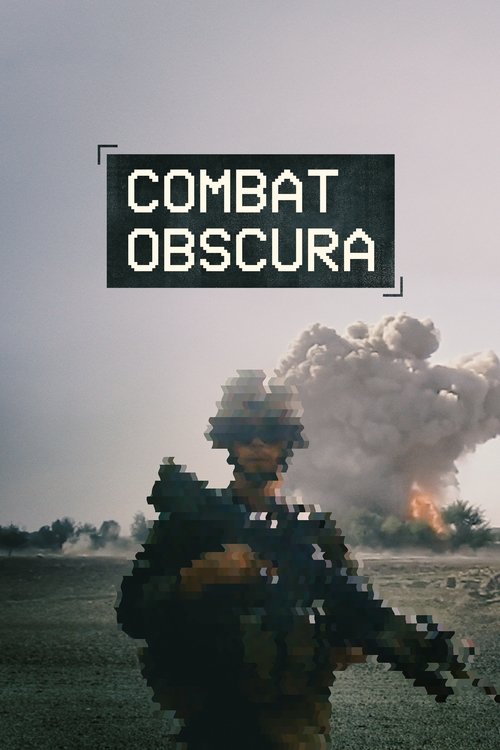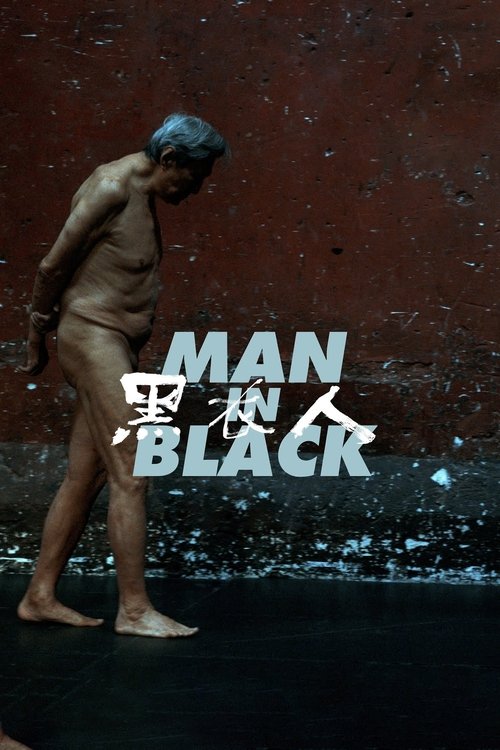
2023
20 Days in Mariupol
Documentary, War
9.0
User Score
272 Votes
Status
Released
Language
en
Budget
$0
Production
The Associated Press, FRONTLINE
Overview
As the Russian invasion begins, a team of Ukrainian journalists trapped in the besieged city of Mariupol struggle to continue their work documenting the war's atrocities.
Review
screenzealots
8.0
**By: Louisa Moore / www.ScreenZealots.com**
“20 Days in Mariupol” is one of the most painful films I have ever watched: it is also one of the most important. This stunning documentary not only gives a chilling firsthand view of Russia’s invasion of Ukraine, it captures actual war crimes.
Due to its strategic location, Mariupol has become one of the most important regions in the war. On the eve of Russia’s invasion, Ukranian filmmaker and journalist Mstyslav Chernov and two colleagues entered the port city to cover the situation as press. When bombs began falling nearby, the team suddenly found themselves trapped in a dangerous conflict zone after the siege began. Hiding out in hospitals so they could capture footage and share it with the world, the trio spent 20 days filming this unflinching account of what was really happening to the country and her people. This documentary is an extraordinary achievement in reporting, as it fights Putin’s extensive propaganda efforts and exposes the harsh reality. His camera captures the truth (that civilians were being targeted) and exposes Russia’s lies. (After some of Chernov’s footage was shown on global news networks, Putin claimed it was staged, “fake news” — which is infuriating).
A word of warning: once you see this film, you can never go back. There are things shown here that may haunt you forever. The images of casualties and destruction are heartbreaking, upsetting, and extremely traumatic. Chernov doesn’t turn away from the most horrific scenes that he encounters, including graphic footage of bloody deaths (both human and animal) and savage wartime violence. There are close-ups of the lifeless bodies of infants, pregnant women, children, and adults. There are full morgues, mass graves, desperation, and utter despair. It’s disturbing to watch, but it also a crucial step in realizing the horrors and the true cost of war.
Chernov narrates the film with an appropriately somber tone, giving a first-hand look at what it was like during the early days of the conflict. His on-camera interviews with Ukranians will tear your heart apart, conveying the emotional harm that wartime brings. This first-person view takes audiences inside hospitals and into the emergency rooms alongside doctors, nurses, and their patients who are in need of critical care. He goes underground with locals into their makeshift basement bomb shelters, spending time with the citizens who are living the horror in real time. As Ukranians begin living without heat, electricity, internet, phones, and with hospitals beginning to run out of critical medicine, Chernov captures a sense of isolation as Mariupol’s residents are cut off from communication networks and much-needed aid.
The most controversial scenes are ones that some viewers may find tasteless, but they are also some of the most important to see. On several occasions, Chernov keeps his camera pointed on grieving parents and their dead children, even filming unsuccessful efforts of resuscitation by medical personnel. These scenes are bloody, graphic, tragic, and highly distressing, but they also foster a deeper understanding of the pain and suffering that Ukranians are going through.
Despite being extremely difficult to watch, “20 Days in Mariupol” is a film immeasurable value. It not only offers an astonishing record of events and serves as a time capsule of Russia’s invasion of Ukraine, it fosters a better understanding of how traumatic events affect our fellow human beings. This documentary is a powerful achievement in wartime reporting.
Read More Brent_Marchant
9.0
Considering the searing nature of this troubling documentary, I feel somewhat uneasy in recommending it as must-see viewing. Nevertheless, this is one of those films that has to be seen in order for the truth behind its story to be fully realized. When Ukrainian journalist-writer-director Mstyslav Chernov and two colleagues chronicled the first days of the nation’s brutal conflict with Russia, they probably had no idea what they were in for. Working from the Black Sea port city of Mariupol, they captured devastating footage of the relentless Russian attacks, particularly the enemy’s ruthless assaults on civilian targets, despite assurances to the contrary. The Russians were simultaneously determined to destroy the Ukrainian communications infrastructure to prevent word of the atrocities from getting out to the wider world, seriously hindering the work of Chernov and company as the only international journalists still in the war-torn country at the time. As the city was systematically being destroyed, the international community had little knowledge of what was transpiring in Mariupol beyond Russian President Vladimir Putin’s skewed propaganda claims. But, when images of the warfront finally made their way out of Ukraine, the world got an entirely new perspective on the carnage unfolding there, despite the Russians’ astoundingly incredulous claims that everything that had been photographed was staged, not unlike what one would find on a movie set. Such reporting opened the eyes of the world, first in media coverage at the time and now in this film, a joint production of the Associated Press and the PBS documentary series Frontline. This gripping release holds nothing back, making it an exceedingly difficult watch for virtually everyone, including those with thick skins who ordinarily might not be affected by such graphic imagery. However, it honestly reveals what the Ukrainians were up against in this horrific siege, putting the war crimes of the aggressors on display for all to see. In addition, this offering reinforces the importance of the work of intrepid journalists under the most trying of conditions, particularly where those wreaking havoc are desperate to keep the facts from reaching the light of day. This highly acclaimed film – a recipient of ample awards season buzz and honors – may be difficult to sit through, but discovering the truth is often a challenging process, and both Ukraine and the world should be grateful that there are those out there who are willing to put themselves on the line to see that through, no matter how treacherous or daunting circumstances may be.
Read More 



